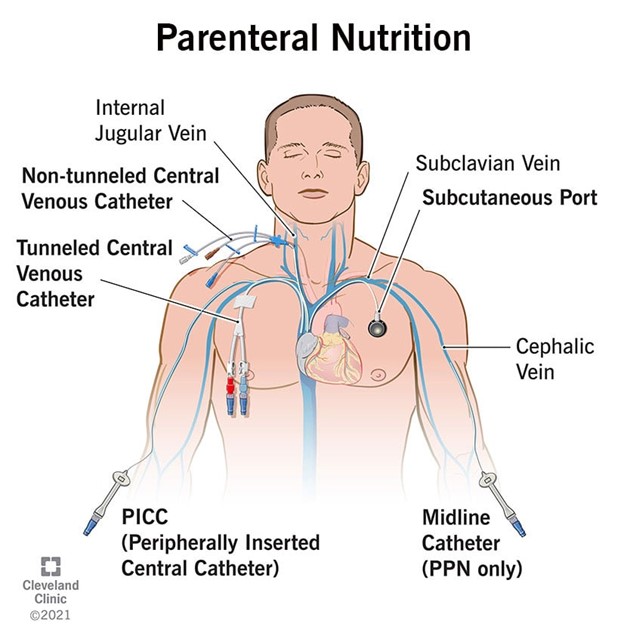A nurse in an emergency department is caring for a child who has a fever and fluid-filled vesicles on the trunk and extremities. Which of the following interventions should the nurse identify as the priority?
Encourage oral fluids.
Administer acetaminophen as an antipyretic.
Apply topical calamine lotion.
Initiate transmission-based precautions.
The Correct Answer is D
A. Encouraging oral fluids is an important intervention for a child who has a fever, as it helps prevent dehydration and electrolyte imbalance. However, it is not the priority intervention, as it does not address the risk of infection transmission to other clients or staff.
C. Applying topical calamine lotion may help soothe the itching and discomfort caused by the vesicles, but it is not the priority intervention, as it does not prevent infection transmission or treat the underlying cause of the fever.
B. Administering acetaminophen as an antipyretic may help reduce the fever and provide symptomatic relief for the child, but it is not the priority intervention, as it does not prevent infection transmission or treat the underlying cause of the fever.
D. Initiating transmission-based precautions is the priority intervention, as it protects other clients and staff from exposure to the infectious agent that causes the vesicles and fever. The nurse should wear gloves, gown, mask, and eye protection when caring for the child, and place them in a private room or cohort them with other clients who have similar symptoms.
Nursing Test Bank
Naxlex Comprehensive Predictor Exams
Related Questions
Correct Answer is B
Explanation
A. Incorrect. Withholding pain medications for 24 hr after the old patch is removed is a harmful action that could cause severe withdrawal symptoms and uncontrolled pain for the client. The nurse should respect the client's right to refuse treatment and explore the reasons for their decision.
B. Correct. Asking another nurse to witness the disposal of the new patch is a safe and legal action that follows the policies and procedures for handling controlled substances. The nurse should document the disposal of the new patch and report it to the appropriate authority.
C. Incorrect. Sealing the patches in a plastic bag and placing them in the client's trash basket is an unsafe and illegal action that could lead to diversion, misuse, or accidental exposure of fentanyl to others. The nurse should dispose of the patches in a secure and designated container that prevents access by unauthorized persons.
D. Incorrect. Sticking the two patches to each other and placing them in the sharps bin is an unsafe and improper action that could cause contamination, injury, or infection to others who handle or dispose of sharps waste. The nurse should dispose of the patches separately and carefully, avoiding contact with their adhesive surfaces.
Correct Answer is D
Explanation
A is incorrect because IV tubing for total parenteral nutrition should be changed every 24 hours to prevent infection.
B is incorrect because abdominal distention is not an expected effect of total parenteral nutrition. It could indicate a complication such as fluid overload or bowel obstruction.
C is incorrect because gastric residual is not relevant for total parenteral nutrition, which bypasses the gastrointestinal tract.
D is correct because weight measurement is an important indicator of fluid balance and nutritional status for clients receiving total parenteral nutrition.

Whether you are a student looking to ace your exams or a practicing nurse seeking to enhance your expertise , our nursing education contents will empower you with the confidence and competence to make a difference in the lives of patients and become a respected leader in the healthcare field.
Visit Naxlex, invest in your future and unlock endless possibilities with our unparalleled nursing education contents today
Report Wrong Answer on the Current Question
Do you disagree with the answer? If yes, what is your expected answer? Explain.
Kindly be descriptive with the issue you are facing.
